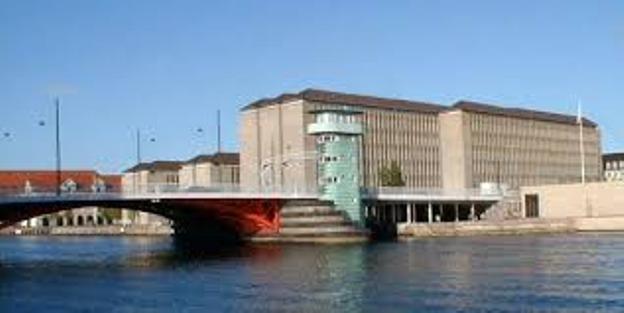The Ministry of Foreign Affairs of Denmark is pleased to announce Research Grants for development research activities as part of Denmark’s international development cooperation. These grants are available for Danida priority countries.
The aim of the grants is to generate new knowledge relevant to the needs and strategies of the priority countries and to Denmark’s development cooperation as well as contributing to strengthening research capacity in these countries.
User Review
( votes)The Ministry of Foreign Affairs of Denmark and its overseas representations are in charge of Denmark’s foreign policy and relations.
Scholarship Description:
- Application Deadline: August 23, 2019
- Course Level: These grants are available to pursue research programme.
- Study Subject: These grants are awarded in the following fields:
- Theme 1 – Sustainable economic development
- Theme 2 – Gender equality and development
- Theme 3 – Humanitarian assistance and development
- Theme 4 – Climate change resilience
- Theme 5 – State building
- Scholarship Award: The total budget available for this research window is approximately DKK 120 million. The funding is conditional on the Danish Parliament’s approval of the 2018 Finance Bill.
- Nationality: Afghanistan, Bangladesh, Burkina Faso, Ghana, Ethiopia, Kenya, Mali, Myanmar, Niger, Palestine, Somalia, Tanzania, and Uganda.
- Number of Scholarships: Not given
- Scholarship can be taken in Denmark
Eligibility for the Scholarship:
- Eligible Countries: Afghanistan, Bangladesh, Burkina Faso, Ghana, Ethiopia, Kenya, Mali, Myanmar, Niger, Palestine, Somalia, Tanzania, and Uganda.
- Entrance Requirements: Applicants must meet following criteria:
- The application must list all partner institutions. The applications from Denmark must list partners in Danida priority countries and possible international and private sector partners, while the research project applications from Ghana and Tanzania must list partners in Denmark and possibly elsewhere. At least one researcher from each partner institution (project participant if private sector partner) must be named in the
- Research collaboration is considered an important means to strengthen the research capacity of institutions in priority countries. In order for research partners to benefit from the collaboration, partnerships should be equal, and partners should be able to contribute actively to preparing both Phase 1 and Phase 2 applications. Research applications which have been prepared without the active involvement of partners in priority countries or Denmark will not be approved. Other important aspects of equal partnerships include joint fieldwork, joint publishing, knowledge sharing, access to databases and libraries, etc. It is strongly encouraged to involve partners from the private sector and national authorities in the partner country or in Denmark in the research project, and grant funding can be used for their direct work input and expenses in relation to the project activities. Such partners are encouraged to contribute with additional resources (funding or in-kind) for the projects. International research institutions and research institutions in countries outside Denmark and outside the partner countries can be included as subcontractors and can be supported by the grant for their direct services to the project activities.
- Support to PhD students is considered an important part of research capacity strengthening. The application should indicate the intentions for the involvement of PhD students in the project, as well as the involvement of post-doc and other researchers.
- PhD candidates from the priority countries included in the project must seek enrolment at a university in their home country, alternatively at a university in the region of the partner country. Enrolment in Denmark can only be considered if enrolment in the partner country or the partner country region is not possible, and if sufficient justification for this is provided. More details will be provided in the Call for Phase 2 applications for the prequalified applicants.
- English Language Requirements: Applicants must have sufficient knowledge of the language of instruction of the host university.
Research Scholarship
Application Procedure:
- The mode of applying is online.
How to Apply:
- The e-application form
- Appendix A: CVs of all researchers and other project participants named in Step 1A of the Application Form
- Appendix B: Signatures
- All steps (including Step 1A) in the e-application form must be completed, and the application and appendices must be completed in English. Only the required appendices will be considered. The total volume of the appendices must not exceed 25 MB. The appendices must be named: “Appendix (letter) – the name of project coordinator”.

